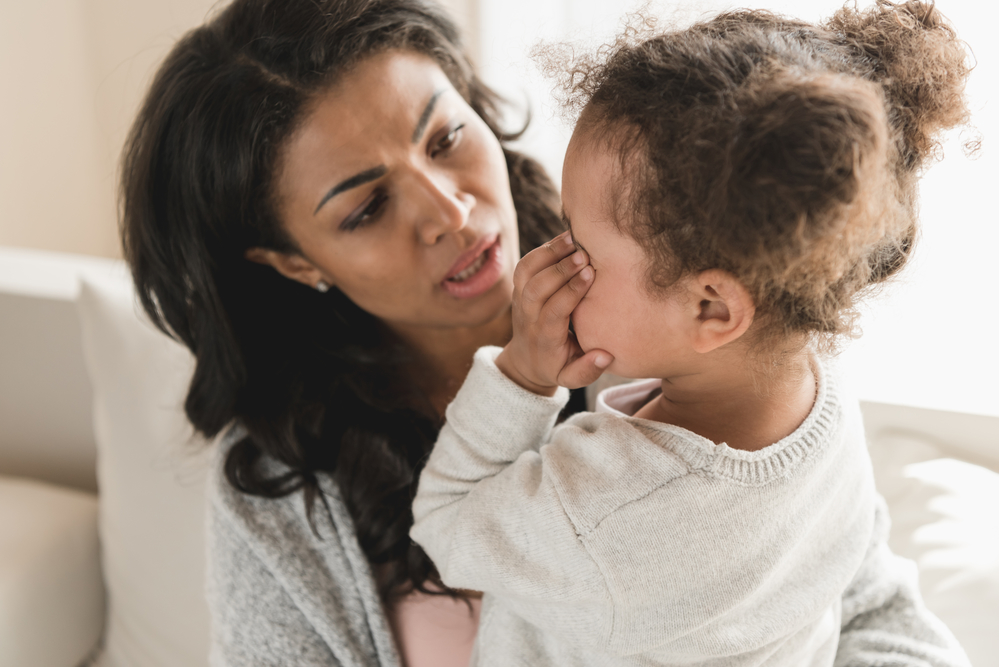
4 Tips For Fostering A Child As A Single Parent
March 15, 2019
4 Tips For Helping Foster Children Before And After A Visitation
March 29, 2019Choosing to foster affects the whole family, including your own children. While it may take some time for adjusting, fostering can be a positive and rewarding experience for all. Read on to learn how fostering may affect your biological children and what you can do to make the process as smooth as possible for everyone in the family.
Inviting a foster child into your home can be confusing. Because of this, it’s important to include your child in the fostering process. The more your biological child understands; the more they will welcome the fostering experience. Tell them about the child coming to live with you and get them excited about having a new sibling. Stay open and communicate with your biological child throughout the process, so that they understand what to expect and what it will entail. Answer any questions they might have along the way.
Don’t allow the process of fostering to overhaul your family’s normal routine. Show your children you are working hard to meet their needs, as well as the needs of their foster sibling. If your biological child is older, still make time to help with homework and take them to soccer practice. If your biological child is younger, continue your tradition of reading a favorite story at bedtime. Don’t cancel activities because you are too busy. While your attention will be divided, your biological child should never feel neglected.
Make an effort from day one to make time for your biological child. In addition to maintaining your normal routine, you may have to schedule in some extra quality time with your biological child to maintain your relationship. Make it a priority to eat dinner together as a family whenever possible, and decide on something fun you can do together once a week, such as going out to see a movie or visiting a local park. Simply working on a puzzle, baking cookies, or going for a walk can help your child feel special.
Prepare your biological child for visitors. Throughout the fostering process, new people will be coming in and out of your home. Caseworkers and therapists may drop by weekly and may also wish to speak with your biological children. Model respect for others so that your children understand that these people are only here to help and to check in on things. Your biological child may even gain interest in a career in social work through their understanding of the fostering process.
As a parent, it’s vital that you practice empathy for your biological children and keep communication open throughout the process. While there may be difficult days and a period of adjustment, take pride in knowing one of the best life lessons fostering can do is to teach your biological child to be empathic as well. They will learn how fortunate they are to have a loving and stable family. They will also learn the importance of giving to others through your choice to foster and care for a child in need.
Every child needs and deserves to grow up safe and protected from abuse and neglect, and caring foster parents offer children support and stability when they need it most. At Camelot Care Centers, we specialize in higher-level foster care for children and adolescents that need extra support. We partner with our foster parents/homes to provide trauma informed care and additional services, including in-home counseling, parent support and training, tele-psychiatry, and therapeutic mentoring, to maintain children at the least restrictive, yet most appropriate level of care. Camelot Care Centers (“Camelot”) is a Child Welfare Agency licensed by the State of Illinois, a member of the Illinois Collaboration on Youth (ICOY), and is accredited by the Council on Accreditation (COA).




